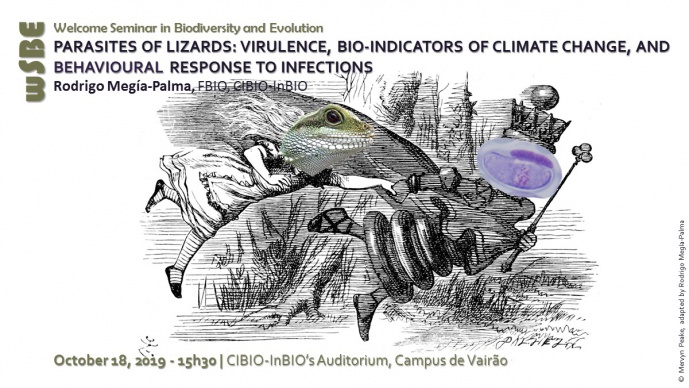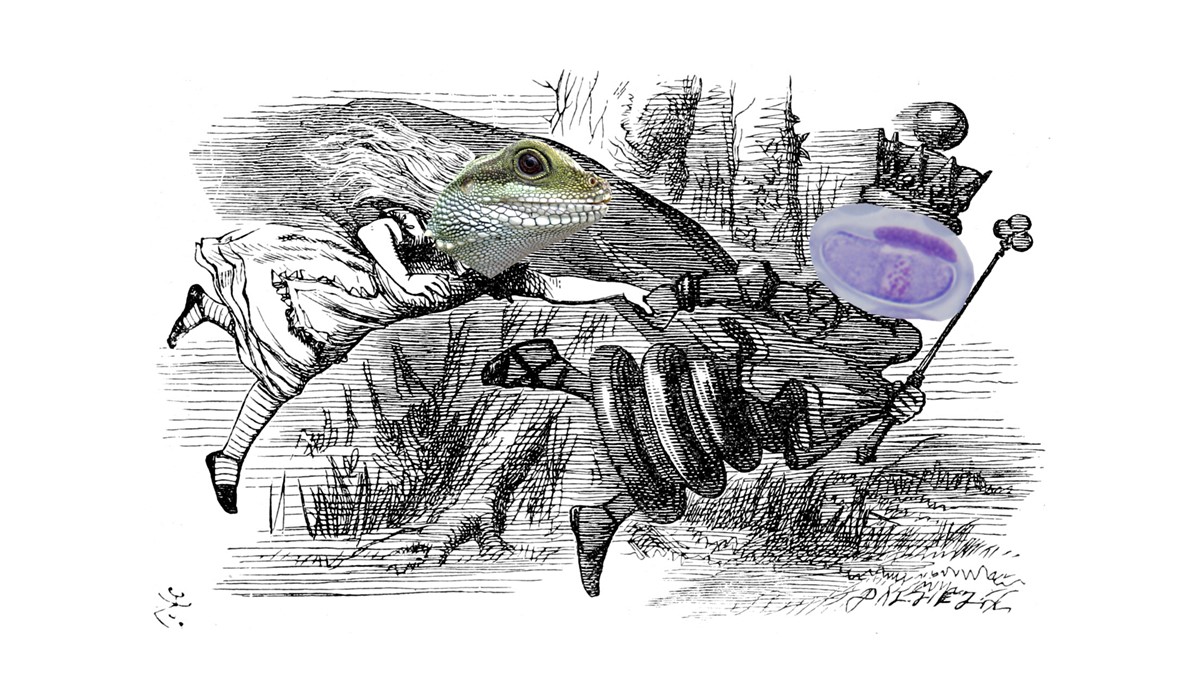PARASITES OF LIZARDS: VIRULENCE, BIO-INDICATORS OF CLIMATE CHANGE, AND BEHAVIOURAL RESPONSE TO INFECTIONS

WELCOME SEMINAR IN BIODIVERSITY AND EVOLUTION

Species interactions are thought to cause most climate-driven extinctions to date, partly because the physiological bases of climate vulnerability are complicated by thermodynamic relationships with the environment and water requirements of the species. Stable evolutionary histories of parasites and their host species have been running in parallel during thousands of years under specific environmental conditions. However, based on the premises of the Red Queen hypothesis, parasites evolve at faster rates than their hosts and may have higher opportunities to adapt to changing environments. Studying host virulence of parasites with different co-evolutionary histories along climatic gradients may help disentangling the observed patterns in host virulence under different environments. To complicate things, sexual host divergences in immune competence to fight diseases may challenge opportunities of populations to survive in a context of rapid environmental change.
Rodrigo Megía-Palma is interested in all aspects concerning the evolutionary relationship between lizards and their ecto- and endoparasites, with special focus on hematic parasites. Among the topics that he studies there are the evolutionary impact of parasites on sexual selection, the thermoregulatory strategies that hosts adopt to cope with parasitic infections, and the possible value of parasites as environmental stress bio-indicators as, for example, in relation to climate change. Beside this, Rodrigo Megía-Palma is also interested in the little-known taxonomy of some groups of parasites, their phylogeographic origin and, in general, all aspects of their co-evolutionary history. He was specialized in Zoology by the Universidad Complutense de Madrid in 2008 and got the PhD by the same university in 2016. During his PhD he developed some studies on molecular phylogenies of parasites, and some studies of sexual selection. He had the opportunity to visit California, Morocco, the Canary Islands, Namibia, Slovenia, and France to sample lizards. His thesis dissertation received the "extraordinary award" in 2017. He was recently granted by the Juan de la Cierva Spanish postdoctoral program and by FCT.
[Host: Miguel Ángel Carretero, Functional Biodiversity]
Image credits: Mervyn Peake, adapted by Rodrigo Megía-Palma